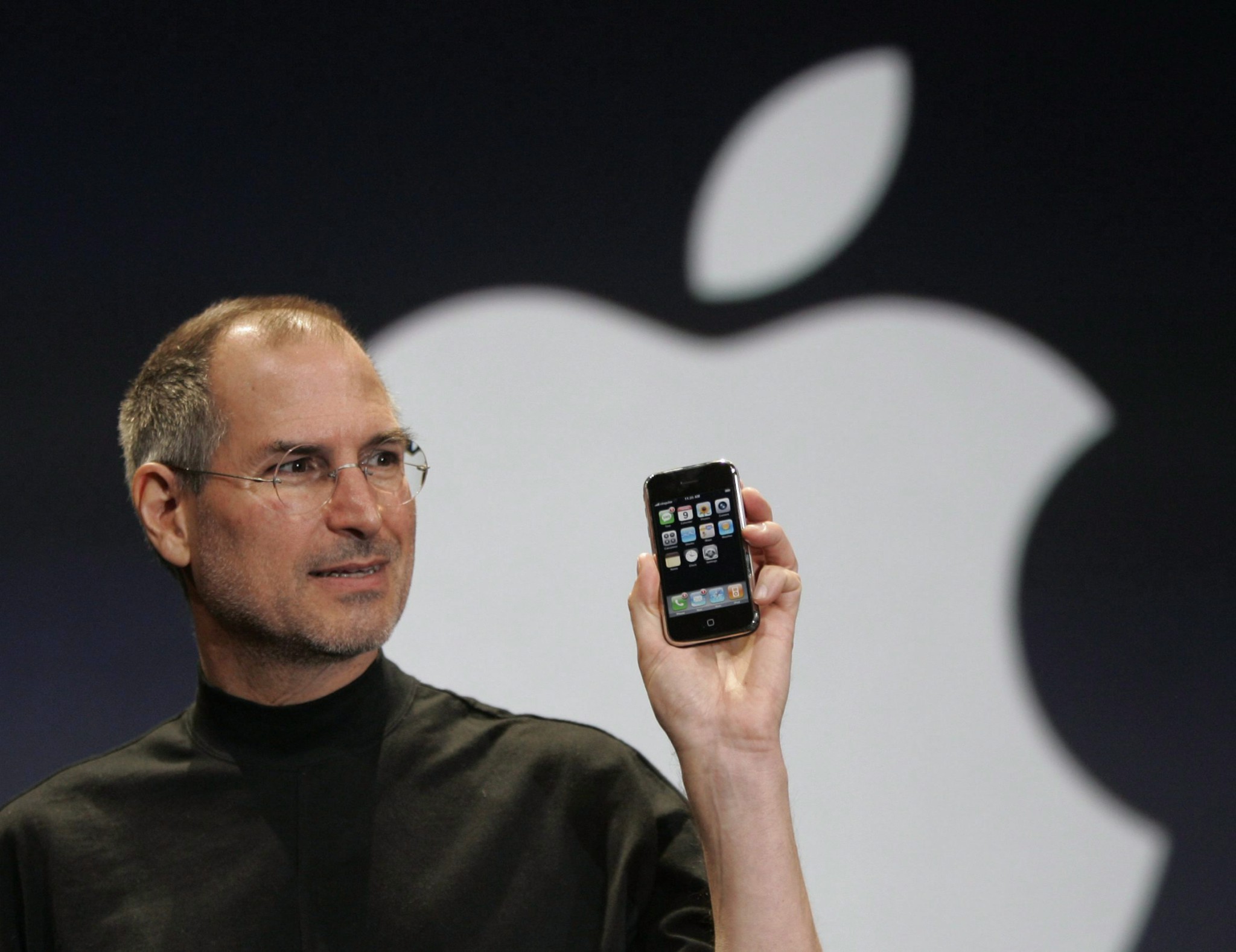As a divorced, childless, middle-aged drifter, I owe an obvious debt to the voluptuous narcissism of the baby boom generation, but they won’t get any thanks from me.
Call me ungrateful but, like most sensible people, I despise the idealism of the 1960s almost as much as the degeneracy of the 1970s and the materialism of the 1980s that followed. If you want the full case for the prosecution, however, I’ll refer you to Helen Andrews recent book Boomers: The Men and Women Who Promised Freedom and Delivered Disaster. It is an entertaining bill of indictment on behalf of her fellow millennials against the generation she quite reasonably blames for bankrupting America, morally and literally.
Boomers was apparently inspired by Lytton Strachey’s slim, epoch-unmaking tract, Eminent Victorians, but the parallels are mostly superficial. While Strachey’s essays were waspish, gossipy, and (it must be said) often untrue, Andrews treats her targets with a deference that often seems like grudging admiration. With the exception of Sonia Sotomayor, who is deservingly savaged, and Jeffrey Sachs, who comes across as a thin-skinned jerk, I doubt the rest of her subjects — Steve Jobs, Aaron Sorkin, Camille Paglia, and Al Sharpton — would read their portraits with much chagrin, let alone shame. Fortunately, Andrews more than compensates for this personal courtesy with her assault on the broader social themes each represents. Like Strachey, her style is urbane and aphoristic, but her judgments are damning.
Are they fair? I’m tempted to say it doesn’t matter. Being venomously unfair didn’t hurt Strachey’s book. When Bertrand Russell read Eminent Victorians in Brixton Prison, he apparently laughed so loudly and often that the warden had to remind him “that prison was a place of punishment.”
I laughed at Boomers too, and nodded along with Andrews argument page by page, but I closed the book with the uneasy feeling that maybe I’d had it wrong all along. Maybe because Andrews doesn’t embellish the evidence, as Strachey did, it doesn’t quite add up. The boomers are certainly not innocent, but of what, exactly, are they guilty? Are they just historical patsies?
This certainly isn’t Andrews’ view. From start to finish, Boomers musters biographical, anecdotal, and statistical evidence to support its case, but the parts are more convincing than the whole. For one thing, it is unfair to pin collective guilt on a group so diverse that the oldest lived through the Korean War while the youngest experienced the war via M*A*S*H. For another, as a famous boomer once protested, they didn’t start the fire: they were just following trends already well-advanced by the time they came of age.
This is a criticism that Andrews seems to have anticipated, but doesn’t bother to refute. In her chapter on Sharpton, she describes the boomers’ “overwhelming rebuttal” to criticism of their generation: “Whatever else we may be guilty of, they say, we did civil rights.” Well, no, as Andrews rightly points out, they didn’t. The heavy lifting of the civil rights movement was done by an earlier generation: Martin Luther King, Jr. and Malcolm X were both born in the 1920s, Rosa Parks was born before World War I, and not a single member of Congress who voted for the 1964 Civil Rights Act was a boomer.
Andrews doesn’t extend this observation to other fields, but doing so shows that civil rights is not the boomers’ only case of stolen valour. Take music and culture: Bob Dylan, Joan Baez, Allen Ginsburg, and all of the Beatles were pre-boomers. Protest? Women’s Lib? Happenings? Psychedelia? Abbie Hoffman, Jerry Rubin, and Bobby Seale were all born in the 1930s, as were Germaine Greer and Gloria Steinem; all of the Diggers were pre-boomers, and Timothy Leary was born in 1920. The boomers may have travelled to the beat of a different drum (music and lyrics by pre-boomer Michael Nesmith), but they followed a well-worn path.
The boomers are just not easy scapegoats for our cultural decline over the last half century.
Despite Andrews’ commitment to her overall case, it is undermined by the six biographical sketches. Either none of her exemplars are typical boomers, which would be an odd coincidence, or the boomers are just not easy scapegoats for our cultural decline over the last half century.
Steve Jobs, for example, emerges as the most admirable of the cast of Apple. In Andrews’ telling, “the biggest difference between Jobs and his fellow boomers comes down to this: they were institution destroyers, and he was an institution builder.” He also kept pornography out of the App Store, fought offshoring manufacturing to China, and resisted politicizing the company. Silicon Valley may have a lot to answer for, but it’s not clear that Jobs does. And if, as Andrews says, Jobs’ vision was captured by the 1997 Apple ad that praised “[T]he crazy ones. The misfits. The rebels. The troublemakers,” then he can hardly be blamed for today’s corporate culture in which misfits, rebels, and troublemakers are ruthlessly purged from tech companies. Just ask James Damore.
Like Jobs, Al Sharpton is less a boomer than an American archetype, a hustler in a long tradition of savvy ward-healers and machine politics. George Plunkitt would have recognized him immediately, and probably hired him. Andrews is rightly scathing about the hijacking of the civil rights movement by self-promoters, an amoral corporate culture, and the Democratic Party, but it is hard to blame Sharpton when, as Andrews tells us, he was just following in the footsteps of his boyhood idol, the even more shamelessly corrupt Adam Clayton Powell, Jr.
If Sharpton is a throwback, Aaron Sorkin comes across as downright reactionary. One can’t help but cheer his disdain for internet journalism and his nostalgia for an era of news before TikTok and Twitter, when the full weight of the Sunday New York Times mattered. Sorkin’s apparent sin was that he taught “a generation of Washingtonians that they were capable of running the country from eighteen acres on Pennsylvania Avenue.” Maybe, but it’s not as though the hubristic young staffers of Obama’s White House needed much encouragement. And if there is a president who embodies his generation’s slide from idealism into hedonism, it’s not the fictional Jed Bartlet, it’s all too flesh and blood Bill Clinton.
Camille Paglia squandering her brilliance on pop culture is more illustrative of a generational problem — the expense of talent in a waste of shame is boomer academia in action — but the progressive drift in education began not in the 1970s but almost a century earlier with John Dewey. The fact that, according to a telling anecdote, most of her students can’t identify Moses can’t be blamed on Paglia, whose own works bristle with classical references.
No, after some reflection, I’m not prepared to blame the boomers for the state of our society, at least not entirely. Andrews may be right that they “inherited prosperity, social cohesion, and functioning institutions” and “passed on debt, inequality, moribund churches, and a broken democracy,” but that’s not the full story. If we step back and look at their place in the longer sweep of the 20th century, that social cohesion was already unravelling and those institutions were visibly crumbling well on their way to dysfunction by 1968, when the oldest boomers cast their first presidential ballots.
I began Boomers expecting to jeer along with Andrews — which, to be clear, I did, lustily — but I ended it rethinking the boomers’ place in history. They were heirs to a dwindling fortune and did nothing to rebuild it, just as we are doing nothing with our even smaller inheritance. Boomers makes a spirited case against the titular generation, but on the charge of “promising freedom and delivering disaster,” I’m afraid that I can only convict them, and by extension us, as accessories after the fact.
Recommended for You

Ben Woodfinden: Lament for an ‘elbows up’ nation

Falice Chin: The ‘wild and weird’ Calgary Stampede

‘A celebration of the spirit of Alberta’: Ryan Hastman on the political, economic, and cultural importance of the Calgary Stampede

Stephen Staley: Squid Game was a warning to itself




